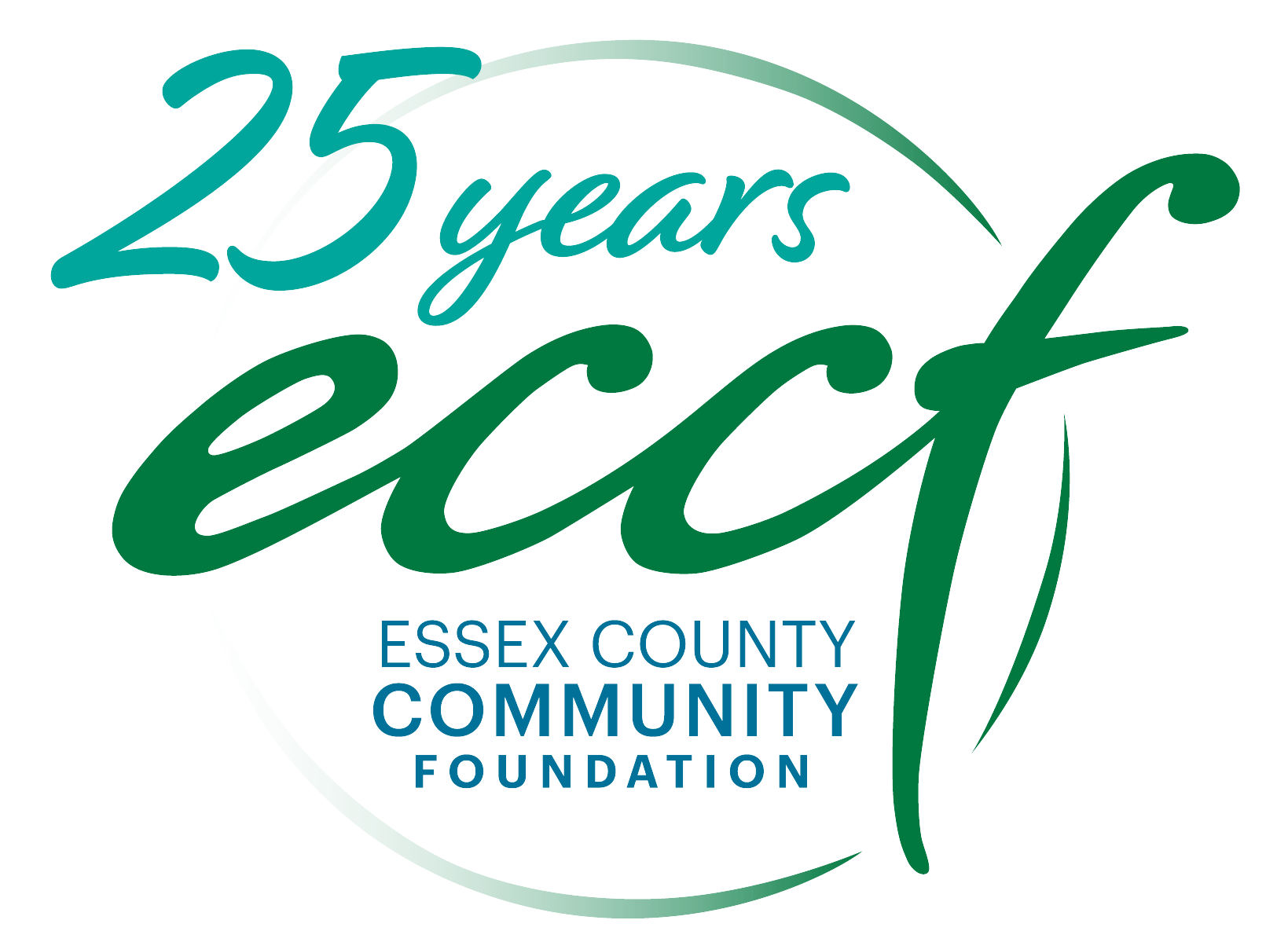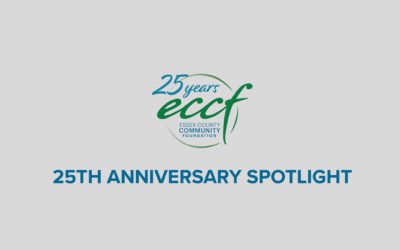COLUMN FROM THE EAGLE TRIBUNE
By Derek Mitchell and Stratton Lloyd
The historic $2.2 trillion CARES Act, passed last week by Congress and designed to buoy the economy in the wake of the coronavirus, includes nearly $380 billion in relief for small businesses. This infusion of resources is critical, but our experience supporting small businesses in the recovery from the Columbia Gas emergency teaches us that for many of our small businesses to leverage these resources, they will require additional interventions in the short- and long-term too.
We will all likely have a role to play in supporting business recovery, and it is a role we must take seriously.
Why? Because small businesses are the bedrock of our cities and towns. They are owned by our friends and neighbors, people who care deeply about their communities.
Not only do they return more than three times as much money to the local economy as chain retailers, but they also employ local residents. They engage other area businesses in their supply chains. And our small business community is often where we turn when we need community support.
But right now, they are hanging by a thread. Hard decisions about payroll, inventory, rent, and bills loom large.
As a stopgap, many small businesses across the region – like Jabberwocky Bookshop in Newburyport and Coco’s Café in Lawrence – are reaching out to their communities for help through GoFundMe campaigns.
Each passing day presents difficult new challenges. Our smallest businesses have the least amount of reserves in the bank, often lack the information about available resources, and have limited capacity to access these resources.
A recent survey we conducted of nearly 200 Merrimack Valley businesses revealed that more than 96% have been negatively affected by the pandemic; 78% of those surveyed said that they expect to be suffering an extreme impact six months from now. They need our help.
These numbers are startling, but they feel like déjà vu for the small business communities in Lawrence, Andover, and North Andover, where gas explosions wreaked havoc 18 months ago. Many were just beginning to hit their strides once again when the coronavirus hit.
In the immediate aftermath of the explosions, the Lawrence Partnership and Essex County Community Foundation led a broad coalition that came together in an effort to help stabilize and revitalize the nearly 900 small businesses that were directly impacted by the tragedy. What we came to understand then, and as we anticipate will be the case now, is that a successful recovery for our local economies lies in a systems approach, one that once again actively involves nonprofits, business and community leaders, state and municipal governments, funders and volunteers.
Each part of this system has a role to play, and to successfully help our small businesses weather this storm, we will immediately take steps to ensure our recovery plan is inclusive, data-driven, and driven by the voice of the small business community.
With time, this response phase will evolve first into recovery, and then a resiliency and growth phase, as it did in the wake of the gas disaster. Our hope is that recovery can begin by summer.
But this current crisis is still in its early stages; there is a long road ahead for us all. And now is the time to roll up our sleeves, get creative and adapt to the rapidly changing landscape.
That work has already begun. The coalition is actively listening, learning, and acting. And we are working together to help aggregate business-friendly information about the CARES Act, which we strongly urge all small businesses – and nonprofits – to learn about now at sba.gov.
Many banks will start taking applications for these loans today, and the Paycheck Protection Program and the Economic Injury Disaster Loan Advance are two forgivable, no-cost resources that could result in an infusion of millions of dollars into our region’s businesses and nonprofits – if we apply.
We urge all small businesses and nonprofits with fewer than 500 employees to speak with trusted advisers and apply for this relief.
The coalition is also surveying businesses about what gaps they are experiencing. This continuous information sharing and the feedback loop is an important part of the system that ties businesses together in partnership with area nonprofits, legislators, consumers, and philanthropy as we work together on a shared set of solutions. Learn more at lawrencepartnership.org.
Right now, small business owners are evolving operations so they can continue to serve their communities and maintain some revenue stream. And local residents – the last critical part of the system – are buying gift cards and making online purchases to intentionally support their local restaurants, retailers, and service providers, who need us now more than ever.
You are all demonstrating how we can – and should – support one another.
The time is now to come together and do what we can to mitigate loss and make sure that when we arrive on the other side of this crisis, our small businesses are right there with us, and can thrive into the future.
Derek Mitchell is the executive director of the Lawrence Partnership. Stratton Lloyd is the chief operating officer and vice president of community leadership at Essex County Community Foundation.
See full article in The Eagle Trubune here.


